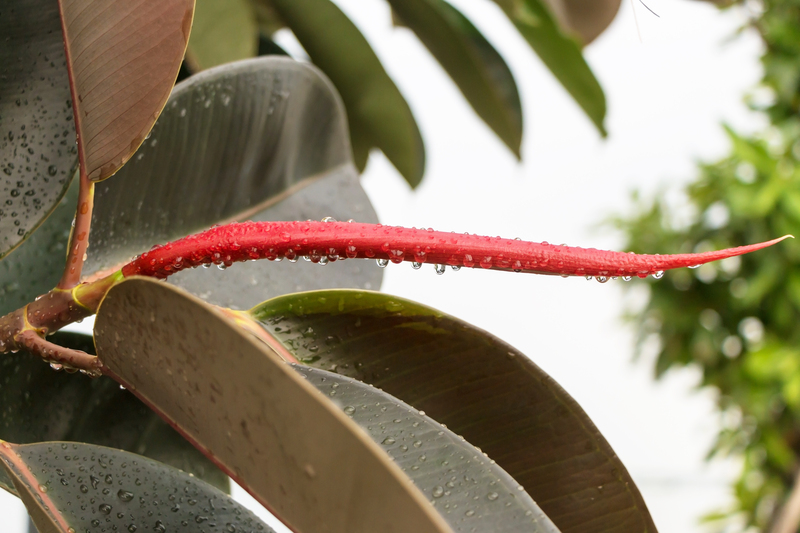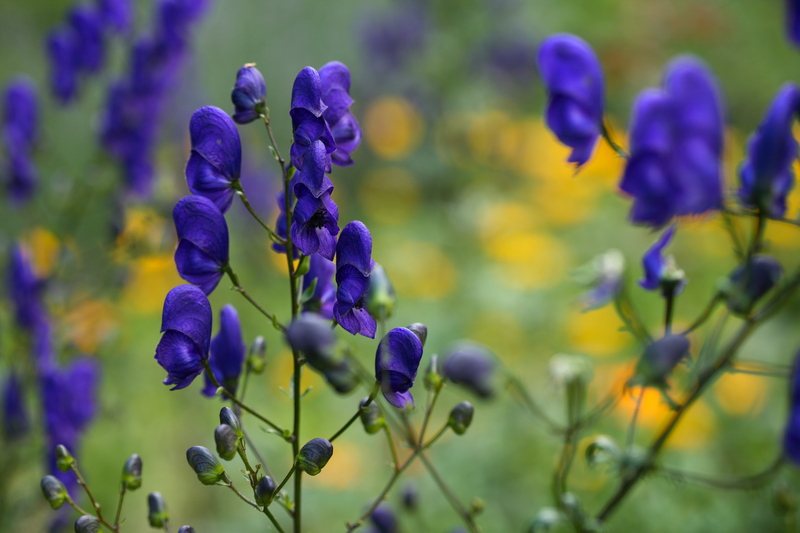Bees are crucial to our ecosystem and agriculture, responsible for pollinating roughly one-third of the food we consume. However, bees face numerous threats, including habitat loss, pesticides, and climate change. This article will explore the importance of bees, the challenges they face, and what you can do to help them thrive.
The Importance of Bees
Bees are one of the most effective pollinators in nature. Through the act of pollination, bees contribute to the growth of fruits, vegetables, and nuts. Without bees, many plants we depend on would fail to reproduce, leading to diminished food supplies and increased prices. Aside from their critical role in agriculture, bees also support the broader ecosystem by helping to maintain biodiversity.

The Challenges Facing Bees
Several factors have contributed to the decline in bee populations worldwide. Some of the most pressing issues include:
Habitat Loss
Urbanization and agricultural expansion have resulted in the loss of natural habitats for bees. The transformation of wild areas into farmlands and urban centers removes essential resources like flowers, nesting sites, and diverse plant life that bees need to survive.
Pesticides
The widespread use of pesticides in agriculture poses a significant threat to bees. Chemicals such as neonicotinoids are especially harmful, affecting bees' central nervous systems and leading to disorientation, reduced reproduction, and death. Even smaller doses can impair their ability to forage and pollinate effectively.
Climate Change
Climate change affects bees by altering their natural environment and the availability of plants they rely on for food. Unpredictable weather patterns can lead to a mismatch between the flowering times of plants and the activity of pollinators, disrupting the symbiotic relationship that has evolved over millennia.
Diseases and Parasites
Bee populations are also suffering from various diseases and parasites. The Varroa destructor mite, for example, is a significant threat to honeybee colonies, weakening bees and making them more susceptible to viruses. The combined impact of these diseases and parasites can devastate entire hives.
What You Can Do to Help Bees
Despite the challenges bees face, there are several actions you can take to support and protect these vital pollinators. From creating bee-friendly habitats to advocating for policy changes, here are some effective strategies for helping bees:
Plant Bee-Friendly Flowers and Plants
One of the easiest and most impactful ways to support bees is to cultivate a garden with bee-friendly plants. Choose a variety of flowers that bloom at different times of the year to provide a continuous food source. Native plants are often the best choice, as they are well-suited to the local ecosystem and provide the nourishment that local bee species need.
Avoid Pesticides
Minimizing or eliminating the use of pesticides in your garden can significantly benefit bees. Opt for natural pest control methods, such as introducing beneficial insects like ladybugs and lacewings, or using organic solutions like neem oil. If you must use pesticides, choose products that are less harmful to pollinators and apply them during times when bees are less active, such as early morning or late evening.
Create Bee Habitats
Bees need suitable habitats for nesting and overwintering. You can support them by providing various nesting sites. For example, ground-nesting bees prefer bare soil or sandy patches, while cavity-nesting bees might use hollow stems, dead wood, or bee houses. Ensure that your garden has diverse plant species and structures to cater to the needs of different bee species.
Provide Water Sources
Bees require water for various purposes, including maintaining hive humidity and diluting honey. You can help by placing shallow water dishes with pebbles or floating corks in your garden. These additions allow bees to land safely and take a drink without drowning.
Support Local Beekeepers
Purchasing honey and other bee products from local beekeepers supports sustainable beekeeping practices and helps maintain healthy bee populations. Local beekeepers are often more mindful of their bees' health and environmental impact, making their products a more ethical choice.
Advocating for Policy Changes
Individual actions are important, but broader policy changes are essential to create a more bee-friendly environment. Here are some ways you can contribute to systemic change:
Promote Bee-Friendly Legislation
Support laws and regulations that protect bee habitats and limit the use of harmful pesticides. This may involve contacting your local representatives, signing petitions, or participating in advocacy campaigns. Voicing your support for sustainable agricultural practices can drive change at the governmental level.
Encourage Sustainable Farming Practices
Farmers play a crucial role in maintaining bee populations. Advocate for and support agricultural practices that promote biodiversity, such as crop rotation, planting cover crops, and creating buffer zones with native plants. Supporting farmers who adopt these practices can make a significant impact on bee health.
Participate in Citizen Science Projects
Citizen science projects allow individuals to contribute to research on bee populations and their health. These initiatives often involve activities like monitoring bee activity, documenting their presence in different areas, and reporting data to researchers. Participating in such projects helps scientists gather valuable information and raises public awareness about the importance of bees.

Education and Community Involvement
Educating yourself and others about the importance of bees and the challenges they face is vital for fostering a bee-friendly culture. Here are some ways to get involved:
Host Workshops and Educational Events
Organize or participate in workshops and educational events focused on bees. These events can cover topics such as bee identification, beekeeping, gardening for pollinators, and the ecological importance of bees. Engaging your community in these activities can spread awareness and inspire collective action.
Collaborate with Local Organizations
Partner with local environmental groups, schools, and gardening clubs to promote bee conservation efforts. Collaborative projects, such as creating community gardens or conducting habitat restoration, can have a more substantial impact and foster a sense of community involvement.
Share Information
Use social media, blogs, and other platforms to share information about bees and what people can do to help them. Creating and distributing informative content can reach a broader audience and encourage more individuals to take action.
Conclusion
Bees play an indispensable role in our ecosystem and food production, yet they face numerous challenges that threaten their survival. By understanding the importance of bees and taking concrete steps to support them, we can create a more conducive environment for these vital pollinators. From planting bee-friendly gardens and avoiding pesticides to advocating for policy changes and educating others, everyone has a part to play in helping bees thrive. Together, we can ensure that bees continue to flourish and sustain the biodiversity and food resources we depend on.





